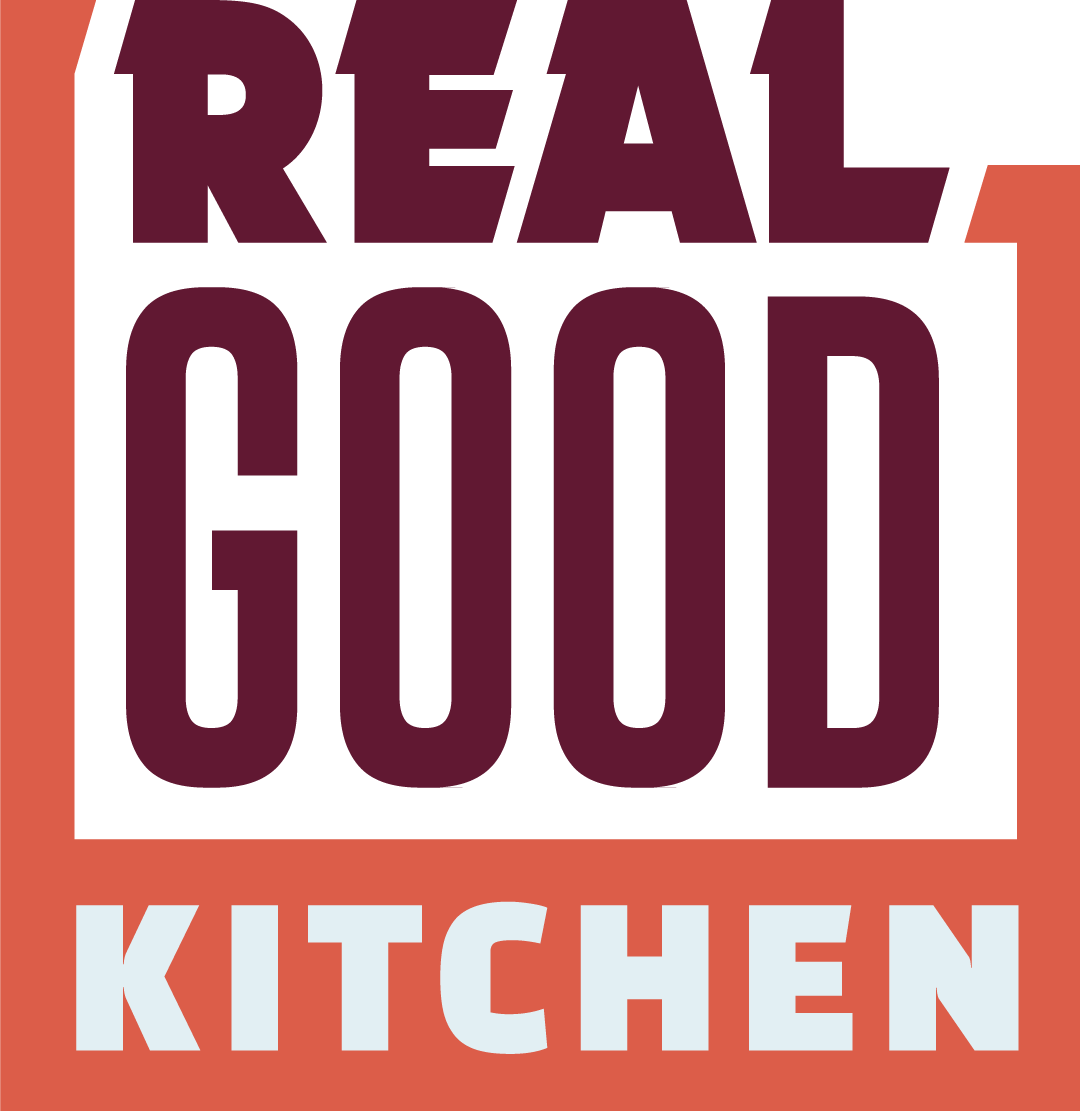How Shared Kitchens Are Adapting to the COVID-19 Crisis
In recent months since the surge in coronavirus cases in the U.S., many businesses have reevaluated their business plans, making major changes to protect their community. So, how can shared kitchens—which depend on close contact in the kitchen through shared space and appliances—navigate a COVID-19 world?
“We’re all in this together” is an all too familiar phrase when talking about the COVID crisis, but the cliched expression should not cloud the message: if members in the kitchen refuse to follow new health procedures, they risk endangering their customers as well as other members in the kitchen. Those who operate and use a shared kitchen have an increased accountability concerning the spread of the virus.
Some kitchens have restructured their space to enforce social distancing among their clients: Serve, an incubator kitchen in Holyoke, MA, redesigned their kitchen layout to allow only four prep spaces as opposed to eight or ten spaces.
Additionally, kitchens now rely on increased hygiene measures: mask requirements, sanitizer stations and regular kitchen cleanings to aid in controlling the spread. Java Hemmat, Client Relations Manager at Mesa Komal, an incubator kitchen in Nashville, said the kitchen now requires members to fill out a digital assessment form to submit temperature readings and report any symptoms. When Mesa Komal discovered that someone in their kitchen had COVID, the kitchen immediately shut down and hired an outside cleaning crew to disinfect the area.
Loss of revenue has created a significant hardship for food businesses during the pandemic. To manage these losses, some shared kitchens have reduced rates for kitchen usage or put their members on a payment plan. Mountain Harvest Kitchen, a food business incubator kitchen outside Johnson City, created a cost-share program for their members from April through June. The program required members to pay only half of the usual price for kitchen usage and storage space.
COVID-19 presents a number of setbacks for small businesses, so kitchens are exploring alternative resources to meet the needs of their clients. With help from Mountain Harvest, member Lazy Lady Baking Co. transitioned from primarily wholesale and farmers market sales to a Community Supported Bakery—or CSB— model to deliver directly to customers. Shared kitchens have also turned to digital platforms to engage with far-reaching audiences and check in with their followers. Real Good Kitchen created the eleven-week virtual RGK Cooking School series where we invited entrepreneurs and food folks in the Knoxville food industry to teach and share a new recipes to try from home. We have also increased our presence on social media and begun releasing a weekly blog post, each topic chosen in an effort to spark meaningful conversations with our audience.
Most incubator kitchens have added a “COVID” tab on their websites to keep their audience informed and updated on changes the kitchen makes. La Cocina, an incubator kitchen in San Francisco, California, converted their main page to direct visitors to access various COVID relief efforts, focusing their efforts to help small businesses during COVID. La Cocina also created an Emergency Relief Fund to alleviate some entrepreneur expenses as well as a resource page for small businesses. The Real Good Kitchen website has a COVID resource page which similarly compiles helpful information for both small business relief and food access around Knoxville.
By increasing online ordering, shared kitchens make their members’ products more accessible to a wider audience. Many shared kitchens have added a carry out/delivery service to increase access to the community. Citizen Kitchens in Nashville, Tennessee created an online food market called Citizen Market, which allows clients to access to-go or curb-side ordering and delivery services. La Cocina created a Food Box which assembles nine meals prepared by La Cocina businesses and is available for pickup or delivery. 100% of the sales from the boxes benefit the La Cocina businesses. Allowing a product to be accessible online can help boost sales, especially at a time when many community members are looking to support smaller businesses.
Some kitchens have partnered with food trucks, food banks, and farmer’s market vendors to serve food to marginalized populations affected by COVID or donate meals to front-line health-care workers. Lee Manning, Director of Mountain Harvest Kitchen, said the kitchen connected one of their members, an individual meal prep service called Fit Clean Meals, with the First Tennessee Area Agency on Aging & Disability to provide meals to senior citizens in the community as well as neighboring communities.
A Rhode Island incubator kitchen Hope & Main initiated a program called Nourish Our Neighbors in response to the COVID crisis. This incredible program provides free nutritious meals made by members of the kitchen for community members in need.
With these uncertain times, rallying around the community and understanding their needs can help tailor a kitchen’s plan of action. After the Knox County mask mandate, Real Good Kitchen’s Creative Strategist, Ayumi Bennett, created artwork reminding customers to mask up before entering a business establishment. The designs are available for download on our Instagram page and newsletter to use for social media or printing purposes.
There are currently countless resources circulating in the form of online groups and communities. One such community is The NICK—the Network for Incubator & Commissary Kitchens—a private Facebook group that encourages shared kitchens from around the country to share advice, ask questions, and discuss business strategies. Recent months have led to increased COVID-related conversations, connecting kitchens across state borders.
Managing a shared kitchen during a global pandemic requires creative ideas to continue to support member businesses and to safely serve a community through food.
